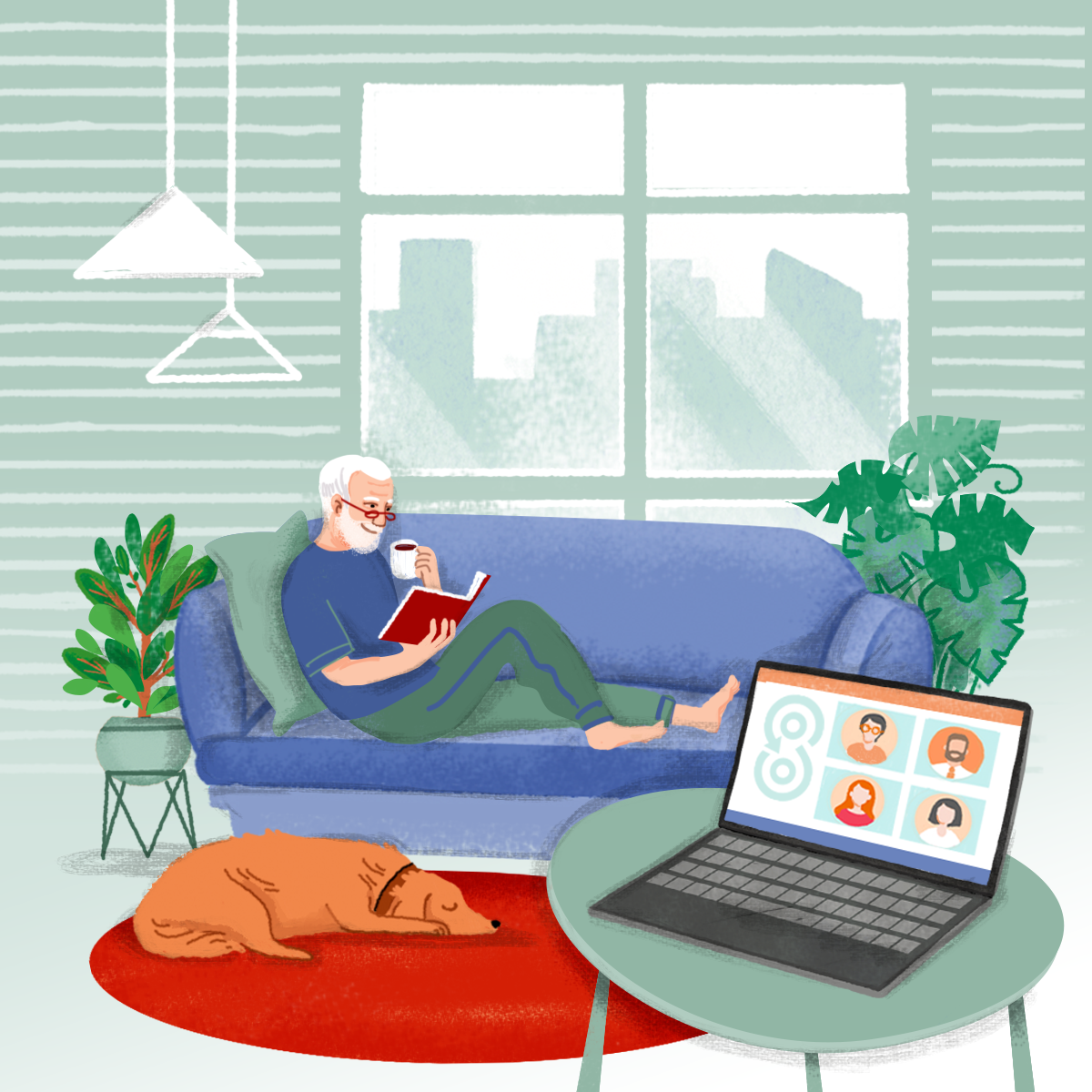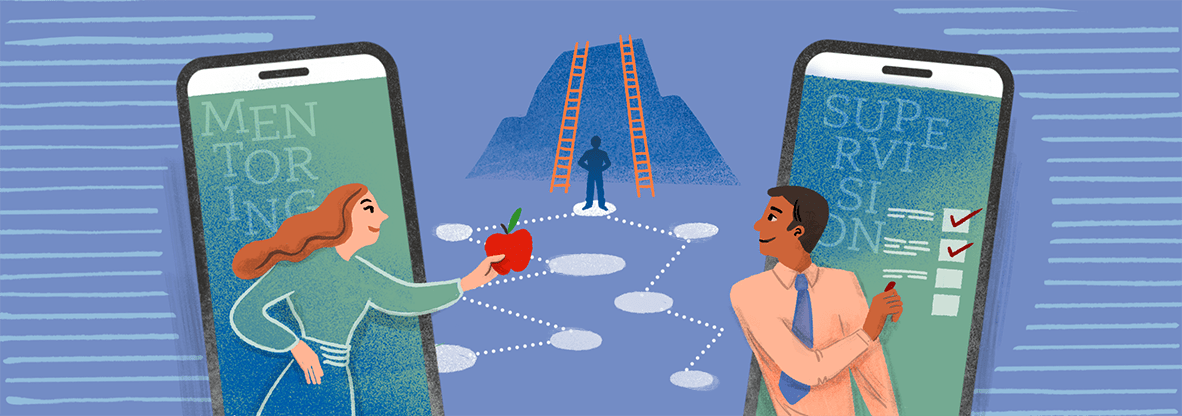Accessible Careers: Building a Career Around Your Mental Health

For people with mental health conditions, holding down a career can pose serious challenges, especially as their condition changes over time. The best job for a person with mental illness can depend a lot on that illness but, as with any career, it’s also influenced by personality.
In this article, we’d like to discuss how to find a job that’s a good fit for you while removing the barrier mental health can pose. We’ll be talking about how to break down your condition into its specific symptoms, the accommodations employers can put in place for you, and strategies to stop your mental illness from becoming a barrier to your career.
Understanding Your Condition
In our disability deep dive (Working With a Disability: How To Build a Career That’s Right For You), we talked a lot about the importance of understanding just how varied the experiences of disabled people can be.
In a sense, every conversation about disability in the workplace has to start here. Before you can find the right job for you, you have to understand the specific challenges you face as well as the strengths you can use to overcome them.
Careers for people with depression can be very different to people with bipolar disorder or schizophrenia. Different conditions and different symptoms call for different types of accommodation and can even have a strong influence over the kind of career you pursue.
That said, these conditions can also be comorbid and, even between two different people with depression, the causes and remedies can vary wildly.
For some, the right treatment can be all that’s needed. Once they’ve got their condition under control with the correct combination of therapy and/or medication, they can feel free to pursue any career they wish.
For others, however, things can get complicated. Mental health issues can ebb and flow and managing them is often as much about knowing how to avoid triggers as it is handling them. All of this to say that one of the most important career steps you can take is to pinpoint and define your triggers and the ways in which they affect you.
Once you’ve done that, you can start looking for a career that will allow you to avoid or at least manage those triggers.
The Best Jobs for People with Mental Illness
First and foremost, the best job for any person with a mental illness is the one that gives them the most power to manage their condition. That said, there are some common accommodations employers are willing to make for specific conditions as well as types of jobs that can be easier to manage.
Let’s say you struggle with anxiety. The best jobs for people with severe anxiety are those that play to their strengths without regularly forcing them into situations that may trigger issues. It’s not uncommon for people with anxiety to seek out work from home roles, allowing them to work at their best without the dilemmas that a physical workplace might present.
Other common strategies for handling anxiety in the workplace involve rebalancing of roles—taking on extra tasks you find easier in return for others stepping in where lots of social interaction may be required.
Moving Past Stigmas
When applying for positions, many people feel the urge to hide their mental health conditions, worrying that the stigma around employment for special needs adults may cause them to be overlooked in favour of other candidates. This is understandable but in the long run it’s usually better to be open about your condition if you think you’ll need accommodations.
Bear in mind that, legally speaking, your employers aren’t allowed to discriminate against you for a disability—see our deep dive for more information on this topic. While some employers may try to skirt around this law, things are changing and oftentimes the best way to get the support you need is to speak about it up front.
In a perfect world, all employers would put the time and effort in to ensure that they’re providing you with the best possible help to do your job despite your mental illness. In practice, you may need to take some of the lead on this, being open about problems and trying to suggest solutions that will make it easier to do your job without impacting your productivity.
Some employers will be highly receptive to this kind of approach but for those that aren’t, it may be a sign to look somewhere else. Finding the right job can take a long time for anyone, and it’s quite common to move from stop-gap to stop-gap before people find a company that really suits them.
When all’s said and done, if your company isn’t willing to support you, then it may be time to start looking for one that will.


